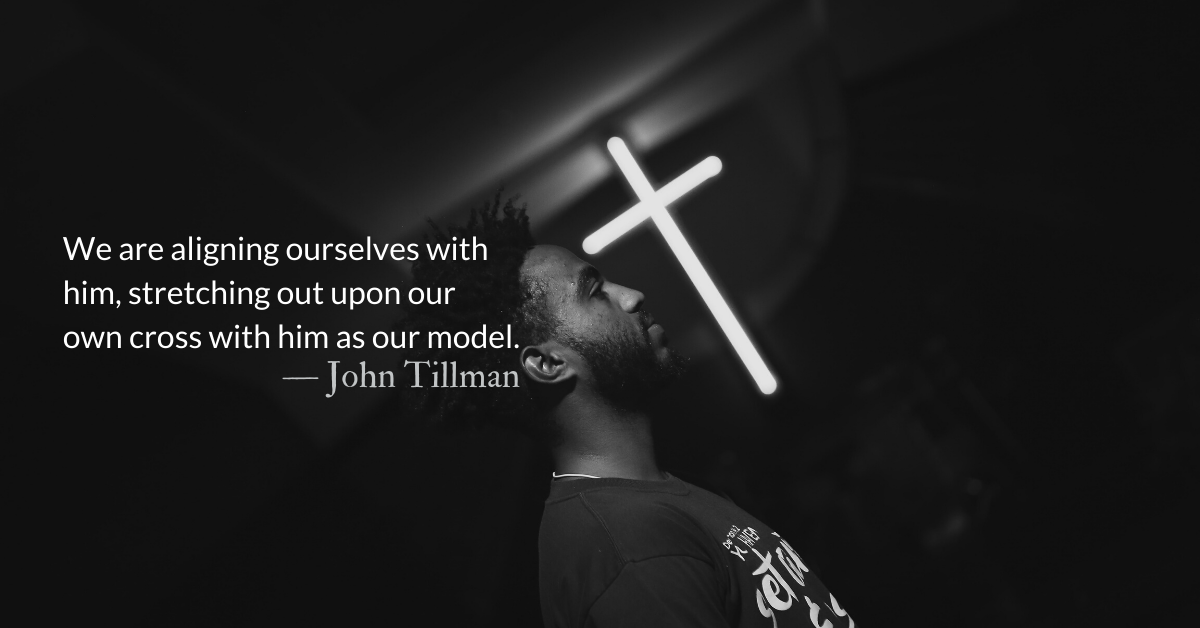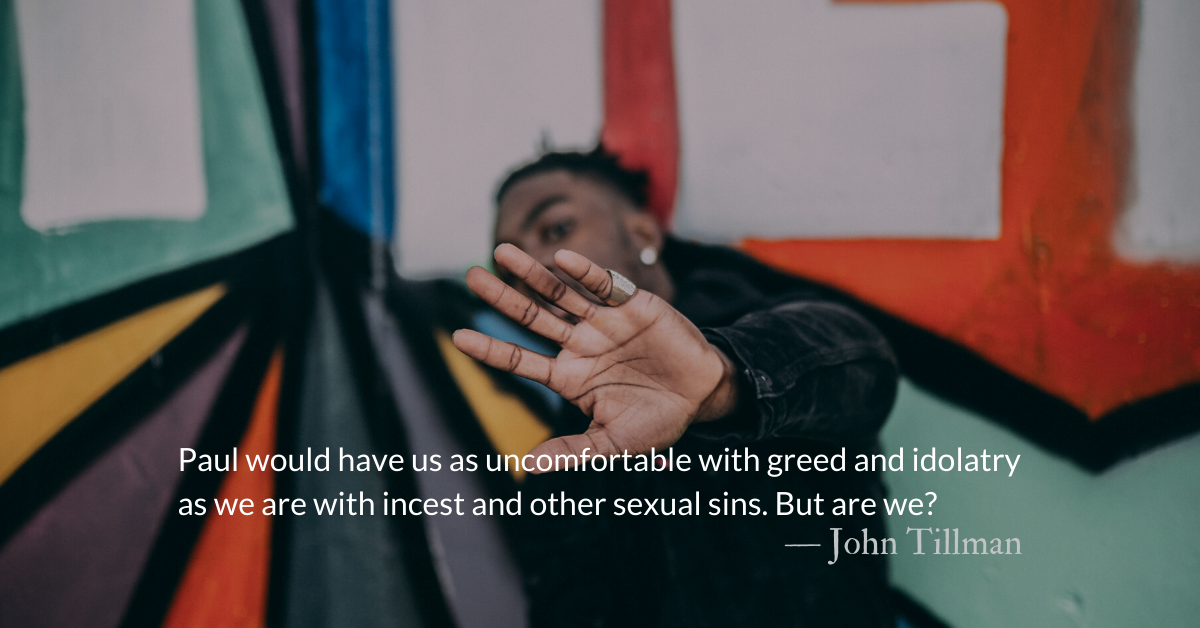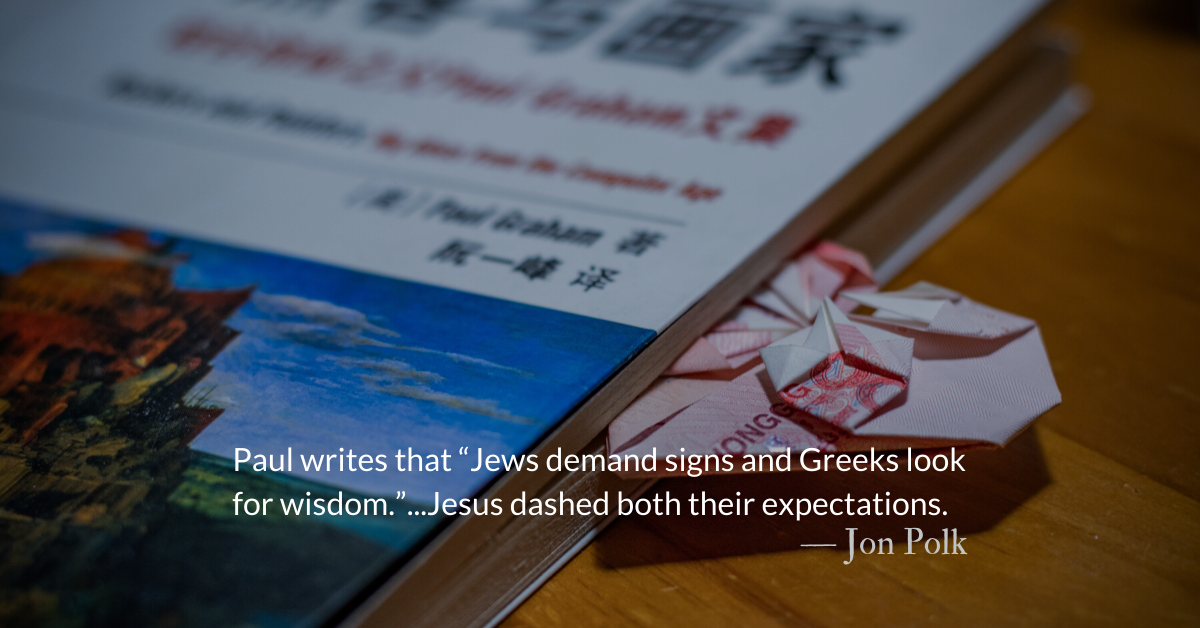Scripture Focus: 1 Corinthians 13.9-12
For we know in part and we prophesy in part, but when completeness comes, what is in part disappears. When I was a child, I talked like a child, I thought like a child, I reasoned like a child. When I became a man, I put the ways of childhood behind me. For now we see only a reflection as in a mirror; then we shall see face to face. Now I know in part; then I shall know fully, even as I am fully known.
Matthew 5.48
Be perfect, therefore, as your heavenly Father is perfect.
Reflection: Lent is a Community Project
By John Tillman
C.S. Lewis says, “‘Be ye perfect’ is not idealistic gas,…Nor is it a command to do the impossible. He is going to make us into creatures that can obey that command.” Lewis continues:
“You must realize from the outset that the goal towards which he is beginning to guide you is absolute perfection; and no power in the whole universe, except yourself, can prevent him from taking you to that goal.”
“Many of us, when Christ has enabled us to overcome one or two sins that were an obvious nuisance, are inclined to feel (though we do not put it into words) that we are now good enough. He has done all we wanted him to do, and we should be obliged if he would now leave us alone. As we say, “I never expected to be a saint, I only wanted to be a decent ordinary chap.” And we imagine when we say this that we are being humble.”
But the Spirit of Christ will not settle for making us feel better about ourselves.
If Lent is only a reduction in consumption, we have failed to be nourished by it.
If Lent is only lost weight we have lost the weight of its importance.
If Lent is only valuable for fleshly improvements we achieve, we have failed to value what we could gain.
Lent is not conquering one or two sins or habits we find annoying about ourselves. The fasting in Lent is a community project we engage in as a partnership between us, the Holy Spirit, and Christ’s body, the Church. Its goal is a part of our ever-increasing pursuit of Christ’s prayer that we be perfected in him.
“Make no mistake,” he says, “If you let me, I will make you perfect. You have free will and, if you chose, you can push me away. But if you do not push me away, understand that I am going to see this job through. Whatever suffering it may cost you in your earthly life, whatever inconceivable purification it may cost you after death, whatever it costs me, I will never rest, nor let you rest, until you are literally perfect—until my father can say without reservation that he is well pleased with you, as he said he was well pleased with me.”
Divine Hours Prayer: The Refrain for the Morning Lessons
Send forth your strength, O God; establish, O God, what you have wrought for us. — Psalm 68.28
– Divine Hours prayers from The Divine Hours: Prayers for Springtime by Phyllis Tickle.
Today’s Readings
Job 27 (Listen -2:21)
1 Corinthians 13 (Listen -2:23)
Read more about Mirrors and Sanctification
May we follow the example of these women to transform our use of technology for spiritual purposes.
Read more about More and More and Less and Less :: Guided Prayer
We cannot do “more and more” of the things Christ calls us to without doing “less and less” of some other things.






